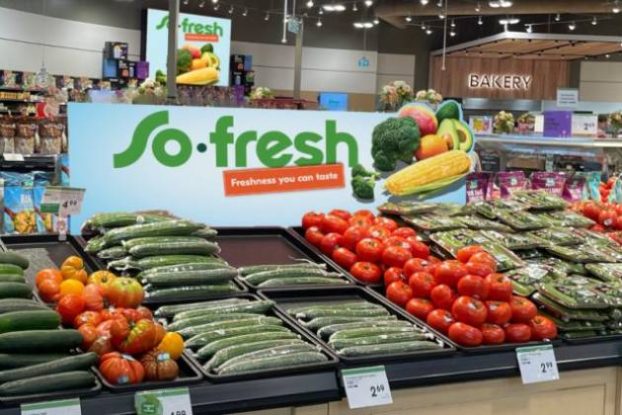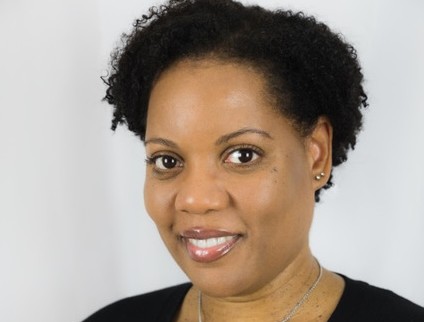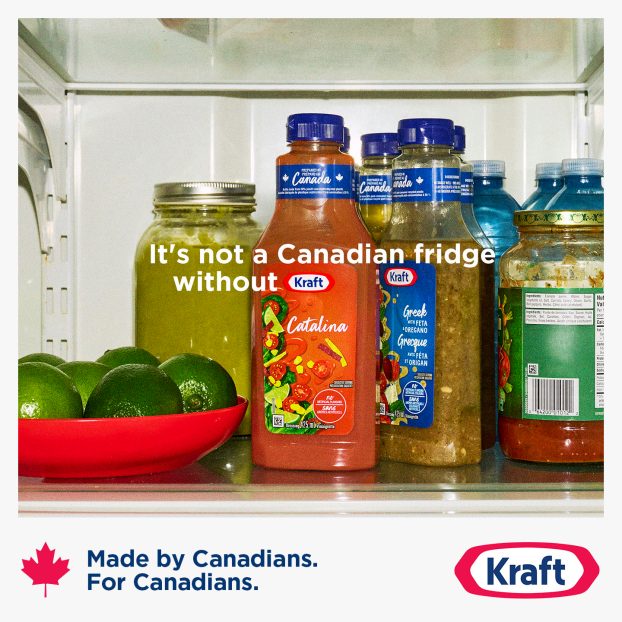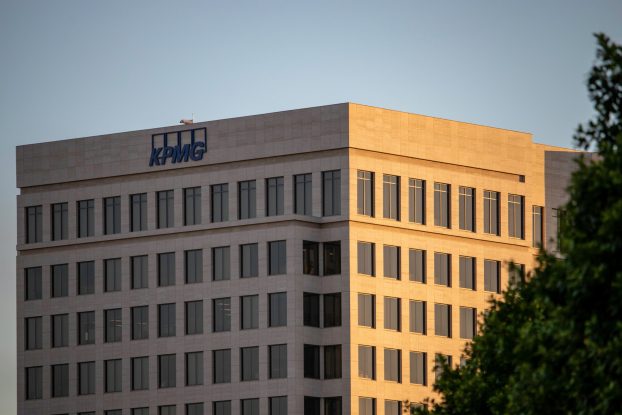One year into work on the Vancouver Whistler 2010 Bid project, David Martin is confident that the campaign won’t miss a beat, even as he takes up residence in his new role as managing director and chief creative officer at TBWA’s Bryant Fulton and Shee.
Martin started work on the 2010 Winter Olympics one year ago as SVP and CD of Lanyon Phillips. The recent dissolution of that company has sent much of its key creative staff to Omnicom subsidiaries BFS and Palmer Jarvis DDB.
‘We have the identical core team, and the added advantage of additional resources and talent, which makes lots of sense,’ Martin says. ‘We were in full consultation with the Bid Corporation from the beginning. They met with BFS before the decision was made and had they felt uncomfortable, they would have told us.’
‘It’s been full steam ahead,’ says Mike Cameron, advertising and events director of the Bid Corporation. The Bid Corp is the active body of a partnership composed of representatives from government, First Nations groups, community interest groups and leaders in the business and sports communities. Cameron was previously the national director of channel marketing for Molson Canadian and Export, based in Vancouver.
The bid campaign is a massive, three-year effort designed to rally support among Canadians across the country. Both the federal and the B.C. provincial governments have contributed $9.1 million, a sum matched by Vancouver’s business community. So far, production costs have swallowed a scant $300,000, mostly donated in kind, and the media spend, also donated, is worth $5 million to $6 million.
The campaign focuses on the Olympic dream. Individual television, print and radio ads look at various Canadians who have dreams that could be fulfilled by the event under the banner ‘It’s our time to shine.’ The ads look at everybody from businessmen who hope to increase sales during the event to young sports enthusiasts who want to get on the podium.
‘Public support is extremely important to the bid,’ Martin says. ‘When the [International Olympic Committee] looks at the candidate cities, they want to make sure they give the event to a country or city that will further develop it.’
Visibility is one element of the campaign. In Vancouver, a giant building wrap went up in the first week of October on the Molson brewery at the south end of Burrard Street bridge. The Royal Bank will put up its own banner this month. Print ads have appeared in The Vancouver Sun, B.C.’s The Province, the National Post and La Presse in Quebec. Viacom has donated space on transit shelters across the country. Last week, CBC came on board with national donated air time, and a partnership with movie theatres is in the works.
Third-party public relations efforts are also underway. The Bid Corp is holding public meetings across the province to provide information on games, venues, and volunteer and business opportunities related to the games.
The Bid Corp conducts polls regularly through an independent polling service. Poll data released Sept. 27 showed that 82% of Canadians and 67% of people in B.C. support the bid. Cameron feels that shows the campaign is doing its job, raising debate and raising questions locally.
‘We’re fostering healthy debate,’ he says. ‘The national pride in showcasing Canada to the world comes across very strong throughout Canada. In B.C., the pride is there, but because it’s in our backyard, there are other areas that people are debating, and rightfully so.’
Opposition to the Olympic bid comes from those who are concerned that public money is being spent to benefit private corporations, Martin says. Challenging that opposition ‘is a question of giving people all of the facts. Our job is to tell the complete story, and once you do that, people are converted.’
The final decision will be made July 2, 2003 in Prague. Contenders include Bern, Switzerland; Pyeonchang, South Korea and Salzburg, Austria.























